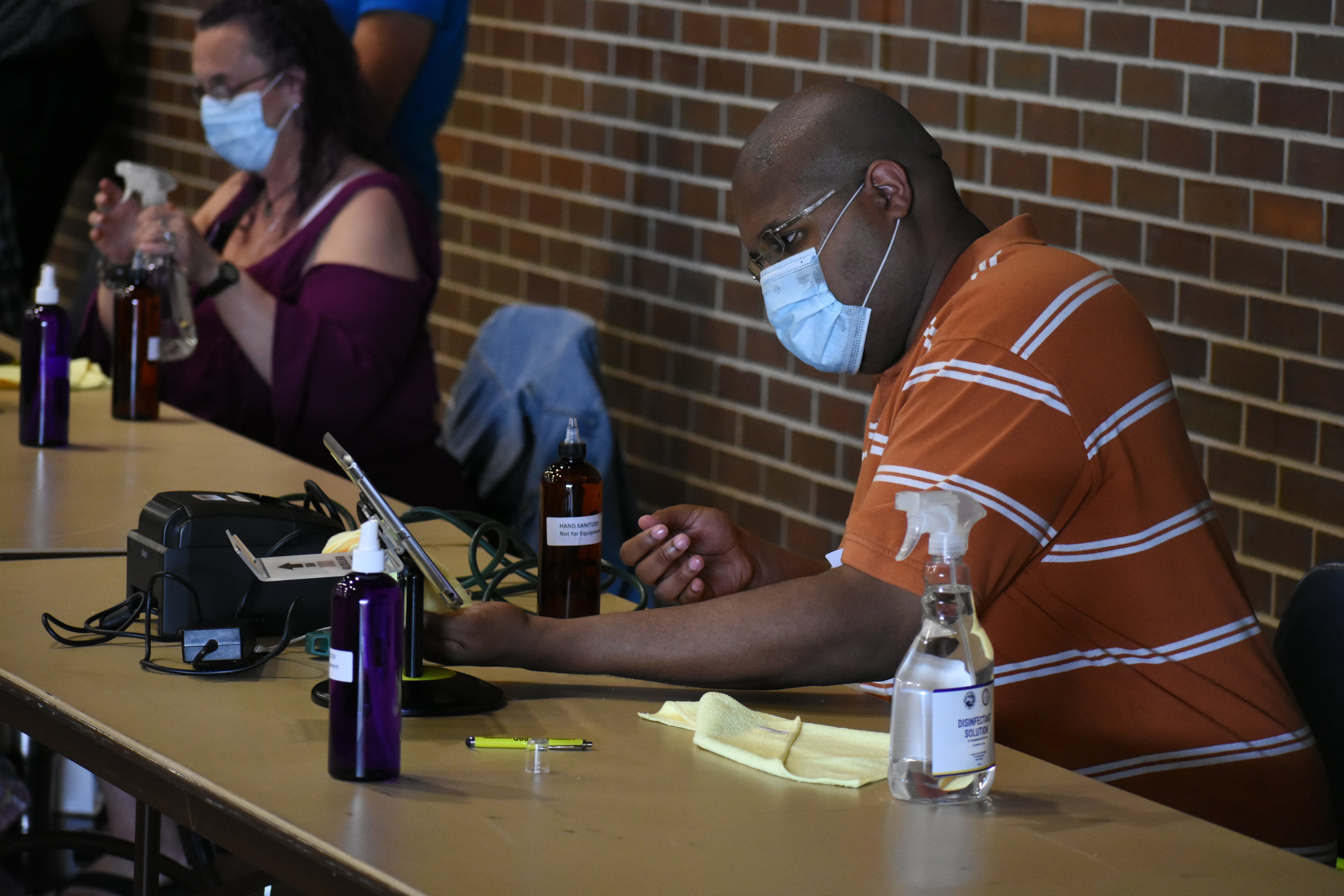Four seats are on the November ballot for the Indianapolis Public Schools’ Board of School Commissioners, putting the district’s future in the hands of voters at a pivotal moment.
The winners will join the board as the state’s largest school district faces the unfolding fiscal and educational impact of the pandemic. The next board will also weigh in on crucial issues, including: a reckoning with racial equity; potential school closings or consolidations; and the district’s ongoing commitment to partnerships with charter school operators.
Now, the 10 candidates face a challenging campaign landscape. The pandemic curtailed face-to-face meetings and shifted the interaction with voters into the digital space. Candidates are relying on videoconferencing to meet constituents. Others are supported by texting campaigns organized on their behalf by outside groups.
Chalkbeat Indiana and WFYI asked candidates to respond to the biggest issues facing the district and how they would represent their constituents. Candidates showed support for the district’s recent Racial Equity Mindset, Commitment & Action policy and concern for keeping students academically on track during the pandemic. Below are their answers.
You can learn even more about the candidates and hear them answer questions from reporters at a virtual forum Tuesday.
Districts 1, 2, and 4: 5:30 p.m. to 6:20 p.m.
At-large 6:30 p.m. to 7:20 p.m.
Register for the virtual event and submit your questions for the candidates here.






